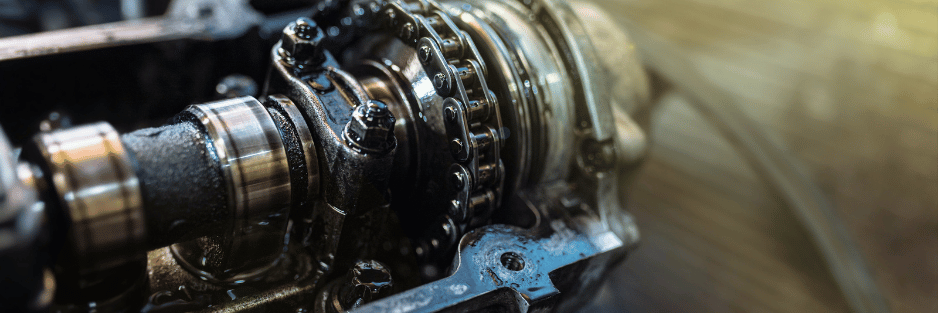
Transportation and Distribution Foundations
The course is aimed at personnel who will be involved in operation & design of oil and gas pipeline network systems Design Engineers, Operations persons, maintenance, quality assurance, Inspection engineers, Plant integrity specialists from production areas to process and refining area.
By the end of this course, participants will be able to:
- Understand Logistics and Supply Chain Management: Gain knowledge about the principles and concepts of logistics and supply chain management.
- Identify Transportation Modes: Learn about different transportation modes and their characteristics.
- Analyze Distribution Networks: Understand the design and operation of distribution networks for efficient product flow.
- Optimize Transportation and Distribution Processes: Develop skills for optimizing transportation and distribution processes to minimize costs and enhance efficiency.
- Manage Inventory and Warehousing: Learn inventory management and warehousing principles for effective supply chain operations.
Logistics and supply chain professionals
Transportation managers
Distribution center supervisors
Operations managers
Inventory and warehouse managers
This interactive training course includes the following training methodologies as a percentage of total tuition hours:
Lectures
Workshops, work presentations,
Group Work in case study & Practical Exercises.
Videos and general discussions
Pre Test and Post Test
Course Outline
- Transportation Network fundamentals
- Network layout and philosophy
- Comparison of Transmission and distribution Networks.
- Types of networks in KOC: LP rich gas network, HP rich gas network, Condensate, HP lean gas/fuel, LP lean Gas/fuel, HFO (Heavy fuel Oil), Gas Oil Network, (crude oil supplied to MEW)
- Pipeline Network Components
(Piping- Sectionalizing Valves – Control Centers – Metering Stations- Pumps – Compressor……..)
- Piping Components
(Pipe- Flange – Elbow – Tee- Reducer – coupling……..)
- Pipelines
- Basic understanding of pipelines and operational needs
- Introduction to oil and gas fluid transport properties
- Pipeline Networks Control Systems
- SCADA system (Measurement and Control)
- Oil and gas fluid transport properties
- Liquid Products Pipeline.
1. Specific Gravity
2. API Gravity
3. Vapor Density
4. Boiling Point
5. Volatility
6. Expansion Ratio
7. Vapor Pressure
8. Reid Vapor Pressure
9. Solubility
10. Viscosity
- The Key Physical And Chemical Properties of The Petroleum Products:
a. Crude Oil
b. Gasoline
c. Aviation Gasoline
d. Distillate Fuel Oils
e. Jet Fuel
f. Anhydrous Ammonia
g. Liquefied Petroleum Gases (LPG)
- Pipelines
- Introduction to Valves
- Various types of valves (gate, globe, ball, plug, check, butterfly, diaphragm, pressure regulating, flow regulating, PSVs TSVs, etc…)
- Different uses of valves (Isolation, throttling, non-return, control).
- Valve leakage sources and prevention.
- Troubleshooting of valves
- Types of valve Actuator (MOV, GOV, AOV), types of drip barrels
- Codes and Standards of Pipeline & Piping Networks
- American Society Of Mechanical Engineers (ASME)
- American Society For Testing And Materials (ASTM)
- American Gas Association (AGA)
- American Petroleum Institute (API)
- American Water Works Association (AWWA)
- Transportation Network Operation
- Basics of network operations (isolation, purge, de-pressurise and pressurise)
- Manual network operation and control
- Gas gathering lines
- Sludge catcher operations
- Pre / Post-startup procedures
- Purge in / purge out procedures
- Gas utilization options and techniques (Fuel- feedstock)
- Flaring
- Definition and need to flare
- Overprotection devices
- Design consideration of flaring system
- Different types and applications of flares
- Flare operation, maintenance and monitoring
- Flare safety
- Flaring control
